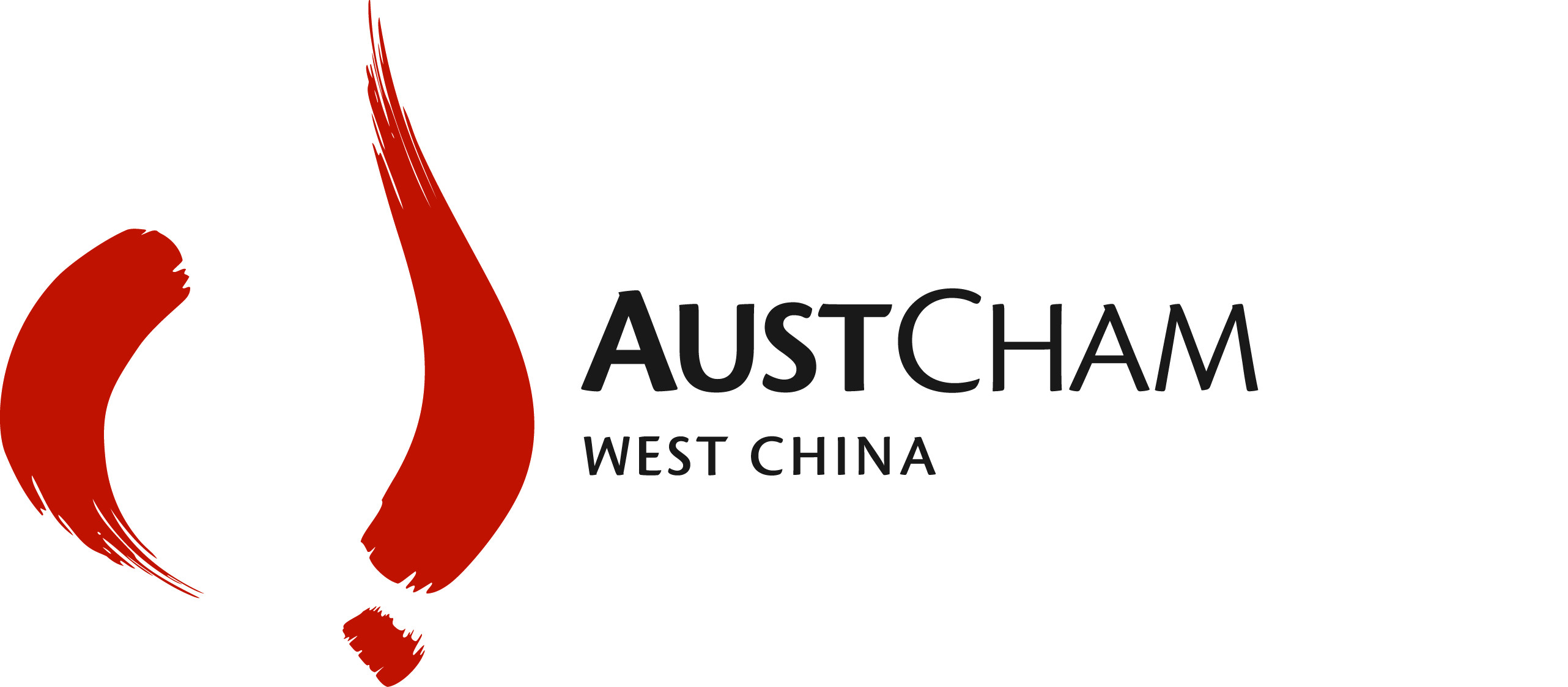In today’s talking points, The Children’s Hospital of Shanghai launches an initiative to provide donated breast milk; WHO receives report of cases of avian influence A(H7N9) from NHFPC; University students making up to $3000 a week selling baby formula and vitamins; Report finds Australia one of the most obese nations in the world.
Shanghai’s first “breast milk bank” benefits premature babies
The Children’s Hospital of Shanghai has launched an initiative to provide donated breast milk to babies born prematurely or with health complications if their mothers are unable to produce sufficient milk. Gong Xiaohui, deputy director of the hospital’s neonatal department, highlighted the immunity-boosting benefits for babies received only from human breast milk, and a 2013 statement by the European Society for Paediatric Gastroenterology Hepatology and Nutrition affirms this. More than 100 women have come forward to the hospital to donate spare breast milk.
Source: China Daily
Human infection with avian influenza reported to WHO in June
In June, the WHO received a report from the Chinese National Health and Family Planning Commission (NHFPC) of a number of cases of avian influence A(H7N9) virus infection. Four of the five patients reported exposure to live poultry, slaughtered poultry or live poultry markets. The WHO advises travelers to countries known to have had outbreaks of avian influenza to avoid poultry farms or live bird markets. The WHO does not, however, recommend travel or trade restrictions.
Source: WHO
University student making $3000 a week
Carol Lin is a 25 year old Chinese international student studying in Sydney, and earns up to $3000 per week selling Blackmores Vitamins and baby formula to people back in China. Lin explains that selling Australian health products to China through WeChat is a ‘lucrative business’. WeChat has become an online shop to many Chinese, sourcing well-known Australian goods for friends and family back in Lin’s hometown. China’s demand for Australian products continues to grow, and most notably in baby formula and multivitamins due to increase demand for high quality health care. Furthermore, as there have been multiple reports of counterfeit products and fake products being sold in China, there is an increased desire for top quality goods. Online platforms such as Taobao and Alibaba are becoming increasingly popular with 5-10% of retail food now being sold online, according to estimates by Austrade. Disruptive e-commerce ventures like Carol’s have raised legality and tax issues both in Australia and China, and both countries are developing new ways of regulating and taxing the trade.
Source: Business Insider
Australia is one of the most obese nations in the world, a report has found
A new report by the Australian Health Policy Collaboration at Victoria University exposed alarming numbers regarding the health of Australians in relation to chronic diseases and their risk factors. It was found that 91.5 percent of Australians aged 12-17 and 44.5 percent of adults were to be insufficient at meeting physical activity recommendations. Furthermore, the Australian Health Policy Collaboration raises the issue of the increased binge-drinking among young Australians, and the increased rate of young women who have visited the Emergency Department due to alcohol-related incidents. However, results have also shown there are fewer Australians dying from common cancers, cardiovascular disease and stroke due to the decrease in smoking. Among 50 public health organizations, targets include cutting the rate of obesity in half, reduction in tobacco use, suicide, and raised blood pressure.
Source: news.com.au

